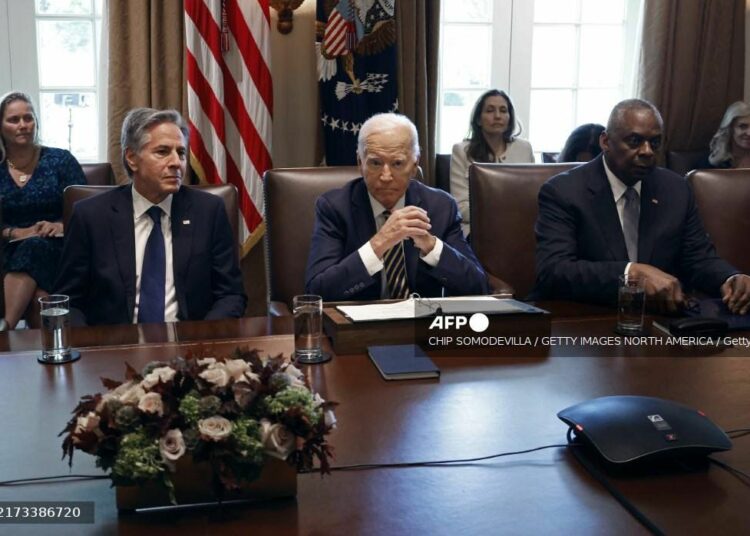China has issued a stern warning to the United States against taking “discriminatory actions” following reports that Washington was considering new rules that would ban vehicles using Chinese and Russian technologies.
The move, if confirmed, could further intensify the ongoing trade dispute between the two economic giants.
According to reports from Bloomberg and other media outlets on Sunday, the US government was planning to prohibit hardware and software made in China from being used in American vehicles, a step that would mark a significant escalation in the trade row.
In response, Chinese Foreign Ministry spokesman Lin Jian urged the US to “respect market principles” and ensure an “open, fair, transparent, and non-discriminatory business environment for Chinese enterprises.”
“China opposes the US’s broadening of the concept of national security and the discriminatory actions taken against Chinese companies and products,” Lin said during a press briefing on Monday. “China will resolutely safeguard its legitimate rights and interests,” he added.
These potential new rules would come on the heels of a series of aggressive trade measures by Washington, including a major tariff hike on Chinese imports. In May, the US imposed steep tariffs on $18 billion worth of Chinese goods, targeting key industries such as electric vehicles (EVs), semiconductors, and critical minerals.
The tariff on electric vehicles is set to quadruple to 100% this year, while tariffs on semiconductors will surge from 25% to 50% by 2025, according to the White House. These tariff increases were finalized earlier this month in the run-up to the November presidential election, where both Democrats and Republicans are vying to demonstrate a tough stance on China.
US President Joe Biden has repeatedly accused Beijing of “cheating” in trade, stating that China engages in unfair practices rather than competing on a level playing field.
The latest developments are part of an ongoing trade war that began under the administration of former president Donald Trump, which saw tariffs imposed on approximately $300 billion worth of Chinese goods. As the competition between the two global superpowers intensifies, this latest move is likely to exacerbate tensions and could have significant repercussions for both economies.





